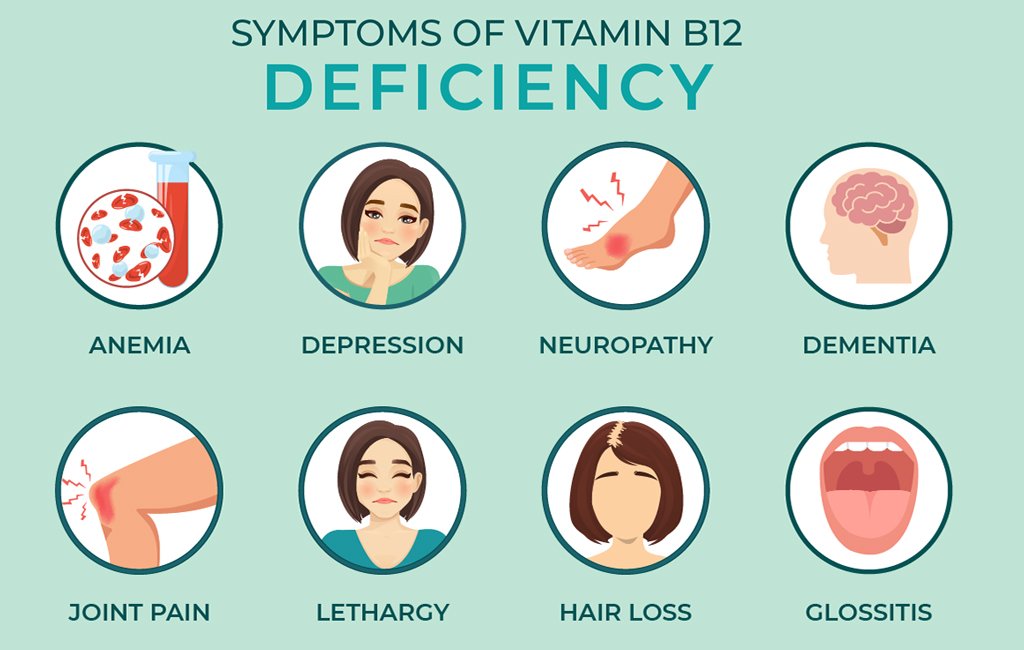
Understanding the Karyotype Blood Test
At Fusion Healthcare, patients have access to advanced private genetic testing services, including the karyotyping blood test — a diagnostic tool that plays a fundamental role in identifying genetic abnormalities. Often referred to as a chromosome test, this procedure is widely used in modern medicine to support the early diagnosis of developmental conditions, reproductive health issues, and even certain types of cancer.
With growing public awareness of genetics and personalised medicine, more individuals are choosing to undergo karyotype testing for both medical and preventive reasons. Whether you’re experiencing fertility concerns, have a family history of genetic disorders, or simply want greater insight into your own DNA, this test can offer clarity, peace of mind, and actionable information.
What Is a Karyotype Blood Test?
A karyotype is essentially a detailed visual representation of a person’s chromosomes — the thread-like structures located in the nuclei of cells that carry the body’s genetic information. Humans typically have 46 chromosomes, arranged in 23 pairs: 22 autosomal pairs and one pair of sex chromosomes (XX for females, XY for males).
The human genome contains an estimated 22,000 genes, and it is the specific sequence of nucleotide bases that determines each person’s unique genetic makeup. Genes are the blueprint for the development, function, and maintenance of every individual characteristic, from eye colour to susceptibility to certain health conditions. By examining a person’s chromosomes through a karyotype test, healthcare providers can detect genetic variations that may affect health, reproduction, or development.
What does the test involve?
The karyotype test is performed using a simple blood sample. Once collected, white blood cells are isolated and cultured in a laboratory environment. These cells are encouraged to divide, and the chromosomes are captured during the metaphase stage of cell division — the point at which they are most visible and structured.
Laboratory specialists then analyse these chromosomes under a microscope, assessing several key factors:
- The total number of chromosomes
- Their shape and structural integrity
- The presence of any missing, extra, or rearranged chromosomes
This process allows for the identification of both numerical abnormalities (such as having too many or too few chromosomes) and structural changes (like deletions, duplications, or translocations). The results are typically available after 4 weeks.
Why Might a Karyotype Test be needed?
There are a variety of clinical scenarios where karyotype testing can provide essential diagnostic insight. Karyotype testing is typically recommended in the following situations:
1. Chromosomal Disorders
Conditions like Down syndrome (Trisomy 21), Turner syndrome, and Klinefelter syndrome result from abnormalities in the number or structure of chromosomes. A karyotype test can confirm the diagnosis by identifying these anomalies.
2. Structural Changes in Chromosomes
Even if the number of chromosomes is normal, their structure may be affected. Rearrangements such as deletions, duplications, inversions, or translocations can contribute to developmental disorders, miscarriages, or other health concerns.
3. Fertility Issues and Recurrent Miscarriages
Chromosomal abnormalities can be a hidden cause of infertility or repeated pregnancy loss. Couples facing difficulties with conception often undergo karyotype testing as part of a comprehensive fertility evaluation.
4. Cancer Diagnostics
Certain blood cancers, such as leukaemia, are associated with distinctive chromosomal changes. Karyotyping can help detect these mutations and guide treatment strategies.
5. Prenatal and Preconception Planning
Genetic testing, including karyotyping, may be recommended during prenatal screening (e.g. via amniocentesis or chorionic villus sampling) or even before pregnancy, especially when there’s a family history of genetic disorders. It allows prospective parents to better understand their risk profile and make informed reproductive decisions.
Who is the Karyotype test right for?
At Fusion Healthcare, karyotype testing is offered as a private, confidential service for individuals or couples who:
- Are experiencing recurrent pregnancy loss or infertility
- Have a known or suspected family history of chromosomal conditions
- Are undergoing prenatal testing
- Simply want to be proactive and gain greater insight into their genetic health
Even without the presence of symptoms or current medical issues, the test can provide valuable information that informs future health and family planning decisions.
The karyotype blood test offers a powerful glimpse into your genetic makeup. It’s more than just a lab result, it’s a window into your personal health history, your future, and in some cases, your family’s future as well.
If you’re considering a private karyotyping test or would like to learn more about your options, don’t hesitate to contact Fusion Healthcare. A knowledgeable member of the team will be happy to answer your questions and guide you through the process with care and discretion.
If you are interested in Private Karyotype analysis at we have a clinics in London Luton,Birmingham, and Manchester area. Please contact us below:
TEL: 01582 249449
EMAIL: info@fusionhealthcare.co.uk
Additionally, to see the full range of our private medical services, please visit our website: https://www.fusionhealthcare.co.uk/





